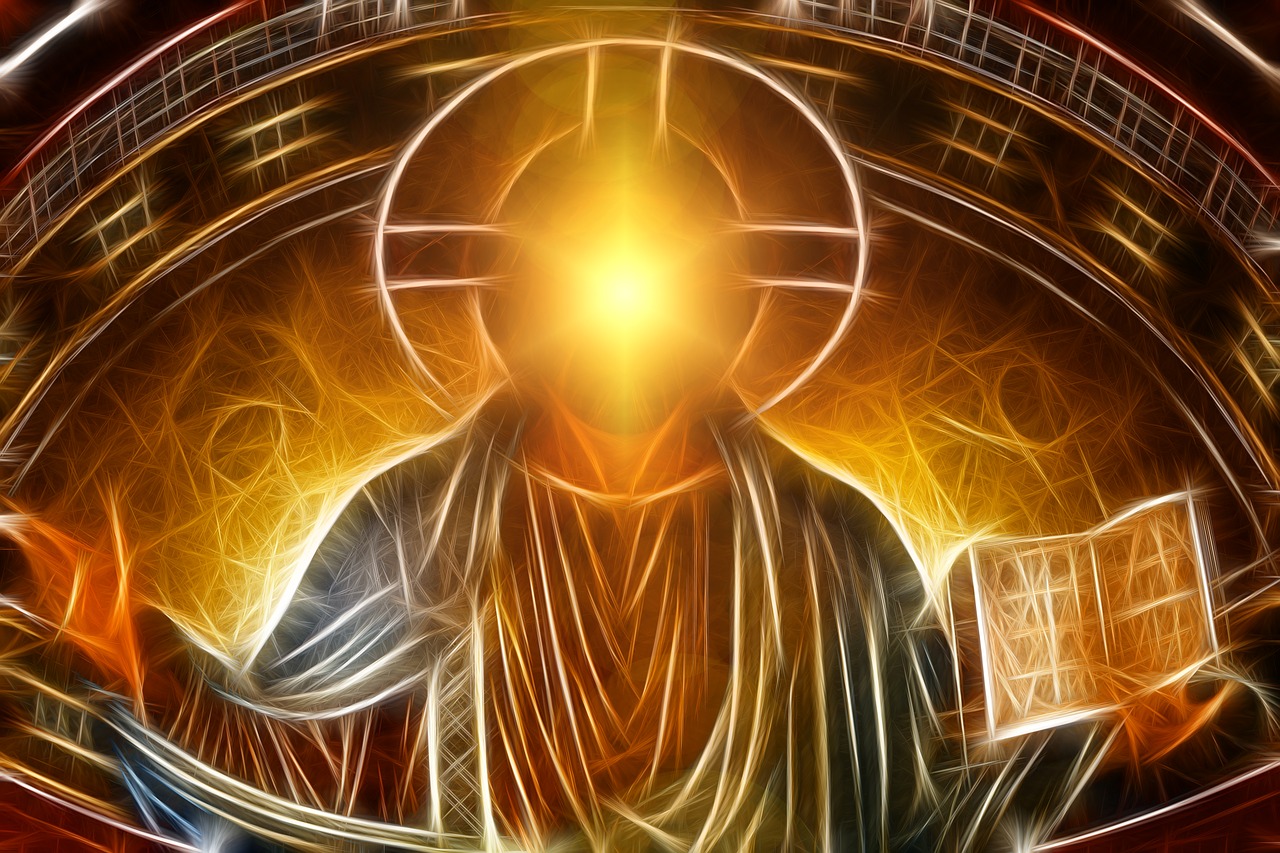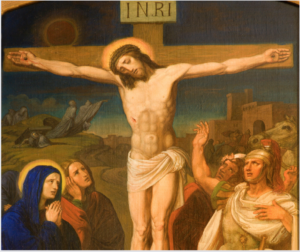This article is a guest post written by my friend and fellow blogger Johnny Sakr of FreeThinking Ministries (www.freethinkingministries.com). He has allowed me (Evan Minton) to post this here with permission. In this post, Sakr refutes the argument of the Jehovah’s Witnesses that the lack of the definite article in John 1 proves that Jesus is merely “a” god rather than God.
New International Version
In the beginning was the Word, and the Word was with God, and the Word was God.
New Living Translation
In the beginning the Word already existed. The Word was with God, and the Word was God.
English Standard Version
In the beginning was the Word, and the Word was with God, and the Word was God.
New American Standard Bible
In the beginning was the Word, and the Word was with God, and the Word was God.
King James Bible
In the beginning was the Word, and the Word was with God, and the Word was God.
English Revised Version
In the beginning was the Word, and the Word was with God, and the Word was God.
New World Translation
In the beginning was the Word, and the Word was with God, and the Word was a god.
Jehovah’s Witnesses (herein ‘JW’s) typically argue that because there is no definite article in this instance – ὁ -, before the word “God” (in Bold below), John 1:1c should not be translated as ‘and the Word was God’. Instead, it should be translated as ‘and the Word was a god’.
Ἐν ἀρχῇ ἦν ὁ λόγος, καὶ ὁ λόγος ἦν πρὸς τὸν θεόν, καὶ [no definite article] θεὸς ἦν ὁ λόγος.
JW’s typically argue that the definite article – ὁ – should be inserted before the last appearance of the word θεὸς in order for the text to be properly translated as “and the word was God” – as rendered by the copious majority of English translations (as outlined above).
The Greek text should, therefore, read as follows:
Ἐν ἀρχῇ ἦν ὁ λόγος, καὶ ὁ λόγος ἦν πρὸς τὸν θεόν, καὶ * [ ὁ ] * θεὸς ἦν ὁ λόγος
They believe that * [ ὁ ] * should have been inserted (as presented above) for John 1:1c to be correctly translated as “and the Word was God”.
John did not insert a definite article before the word θεὸς because if he did, the text would have been understood as “what God was the Word was”[NEB], it would be circular. John’s refusal to insert * [ ὁ ] * renders θεὸς as a ‘Predicate Nominative’ noun.[1]
John wanted to make the λόγος the Subject of the verse, for this reason, he placed – ὁ – before it.
Placing – ὁ – before λόγος and not θεὸς indicates there are two separate persons.
The emphasis here is that the Word was God.
Not:
(a) God was the word; or
(b) What the word was God was and what God was the word was.
If, as the JW’s claim, a definite article should have appeared before the word λόγος and θεὸς for a proper rendition to be “and the word as God” – John would have taught Sabellianism.[2]
Sabellianism is Patripassianism. It is the position that there is only one true God, that the Father, Son, and Spirit are fully God, however, it denies that the Bible differentiates between the persons. Instead, advocates of this position either believe that the Father is the Son, and the Son is the Spirit, and the Spirit is the Father or they make the Son merely the “Human nature” of Christ (thus, denying His eternal nature).[3]
John wanted to illustrate the different persons in the Godhead and that is why he did not add the * [ ὁ ] * before the word ‘God’ in John 1:1c.
This article is not intended to be an exhaustive exegesis of the Greek text. There is a myriad of exhaustive exegetical treatments of John 1:1 completed by notable scholars such as Dr Daniel Wallace. The point of this blog post was to provide a concise guide to understanding and translating John 1:1c.
[1] Dallas Burdette, Biblical Preaching and Teaching (Xulon Press, 2010) vol 3 674. For a brief overview, see William D. Mounce, Basics of Biblical Greek: Grammar (Zondervan, 2nd ed, 1993, 2003) 55.
[2] A. T. Robertson, A Grammar of the Greek New Testament in the Light of Historical Research (Broadman Press, 1934) 767-768. See also; A. T. Robertson, The Minister and His Greek New Testament (Baker Book House, 1977) 67-68 and A. T. Robertson, Word Pictures in the New Testament (Harper & Brothers Publishers, 1932) vol 5 4 – 5.
[3] James R. White, The Forgotten Trinity (Baker Books, 1998) Chapter 11.
About the Author
By Johnny Sakr
Johnny Sakr was admitted as lawyer at the Supreme Court of New South Wales, Australia in 2014. He has completed his Bachelor of Laws (LL.B.), Graduate Diploma in Legal Practice (GDLP), Masters of Laws (LL.M) and is currently undertaking is M.Phil/Ph.D in Law (Philosophy) at the University of Notre Dame, Sydney Australia. His thesis looks to prove that through universal reason, a characteristic which all mentally complete human beings are assumed to have in them; view an objective standard as necessary to qualitatively assess the rightness of wrongness of the accused conduct called into question. Therefore; society should adhere to human reason and implement an objective standard in all areas of reform and judgment. Johnny is a former Roman Catholic, now Baptist – who adheres to the philosophy of Molinism.






Where is the original article?
It's never been posted anywhere before. Sakr sent it to me for a review and I was like "Wow! This is great! Can I post this on my site as a guest post?" and he said yes. He might post it on FreeThinking Ministries at some point as well. Idk.